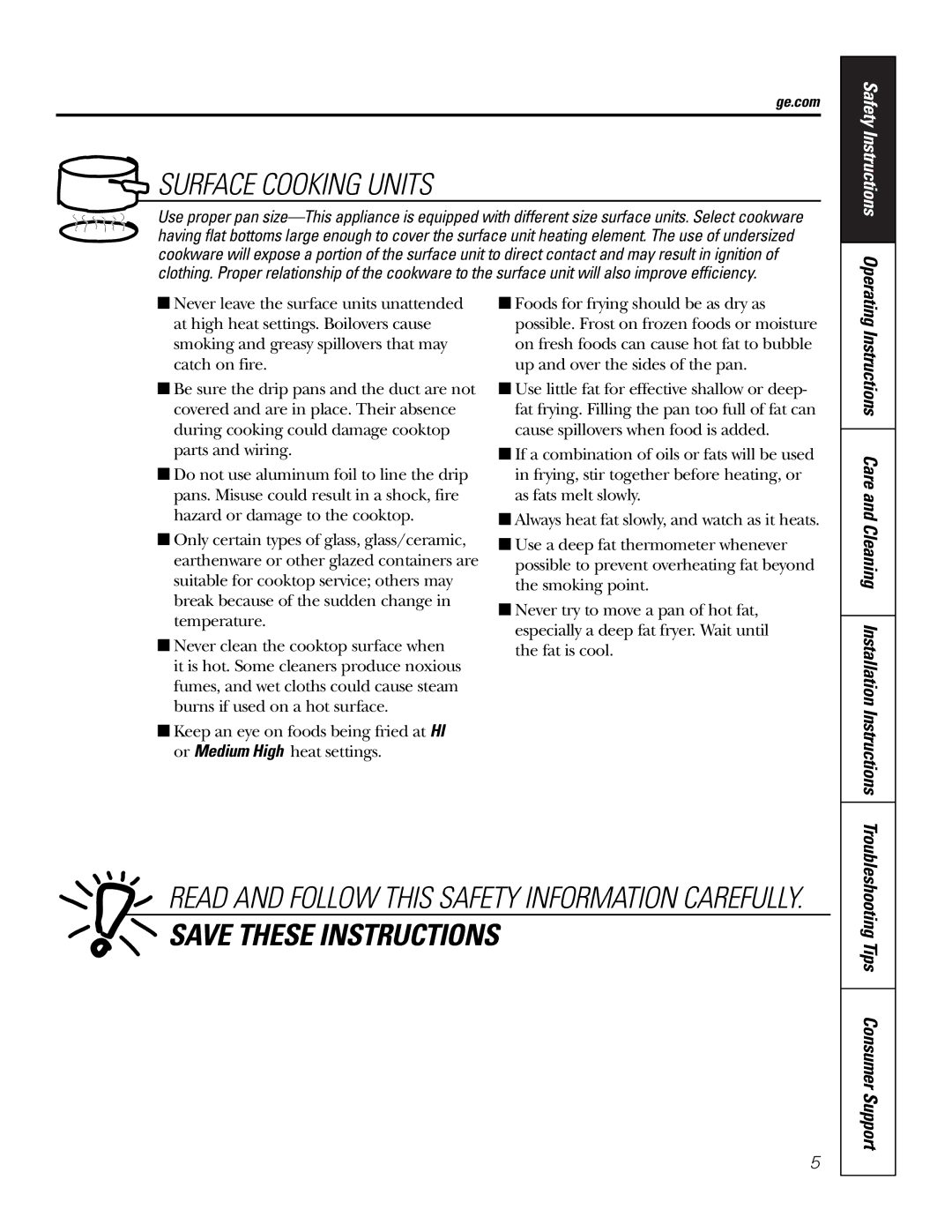JP202 specifications
The GE JP202 is a revolutionary product that represents a significant advancement in the realm of energy generation technology. This cutting-edge gas turbine offers remarkable efficiency and reliability, making it an ideal choice for both utility and industrial applications. Designed by General Electric, a leader in energy solutions, the JP202 has been engineered to meet the growing demands for cleaner and more sustainable energy sources.One of the main features of the JP202 is its high efficiency. The gas turbine operates with an efficiency rating of up to 64%, positioning it as one of the most efficient gas turbines in its class. This efficiency not only results in reduced fuel consumption but also contributes to lower greenhouse gas emissions, aligning with global goals for environmental sustainability.
The JP202 utilizes advanced aerodynamics and materials technology that enable superior performance under various operating conditions. Its advanced cooling technologies allow for higher operating temperatures, which are crucial for improving overall efficiency. The turbine's combustion system is engineered to minimize NOx emissions, further enhancing its environmental performance without compromising on power output.
Another key characteristic of the JP202 is its modular design. This makes maintenance and upgrades easier, ensuring that operators can maximize uptime and reduce operational costs. The design facilitates quick access to critical components, which allows for streamlined service and maintenance routines.
The turbine is equipped with a sophisticated digital control system that enhances its operational flexibility. This system utilizes advanced analytics and machine learning algorithms to optimize performance in real-time. Operators can monitor and control the turbine remotely, allowing for improved decision-making and operational efficiency.
In addition to its technological innovations, the GE JP202 is designed with versatility in mind. It can operate on various fuel types, including natural gas, biogas, and other renewable fuels, allowing facility operators to adapt to changing fuel markets and regulations. Its design is suitable for combined cycle operations, which further enhances its efficiency by capturing waste heat to produce additional power.
In summary, the GE JP202 combines high efficiency, innovative technologies, and a modular design to provide a powerful solution for modern energy needs. Its commitment to reducing emissions and promoting sustainability makes it a valuable asset for energy generation, ensuring reliable power while supporting environmental goals. This turbine is poised to play a significant role in the transition to cleaner energy sources.

